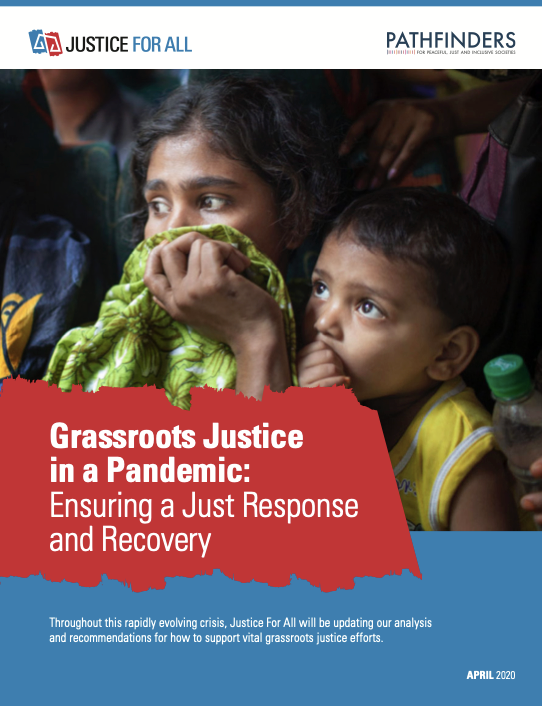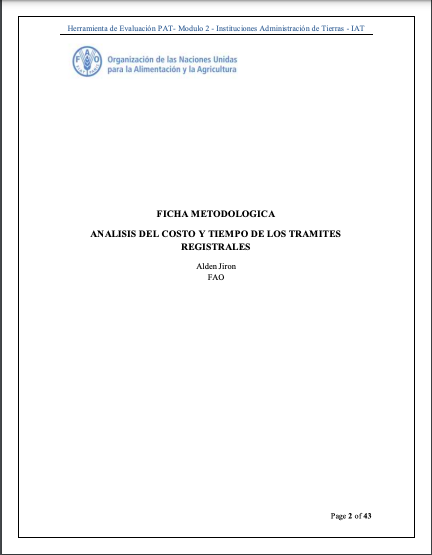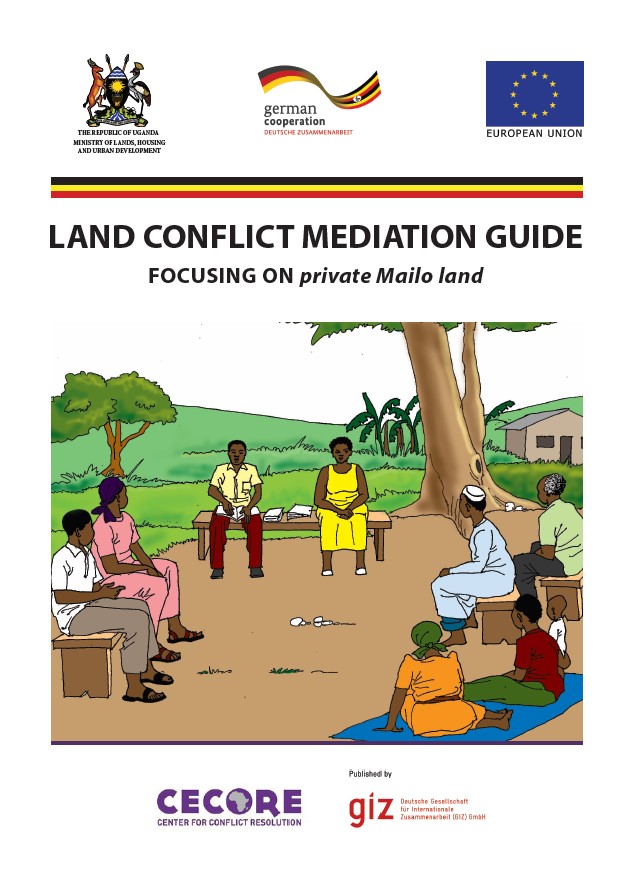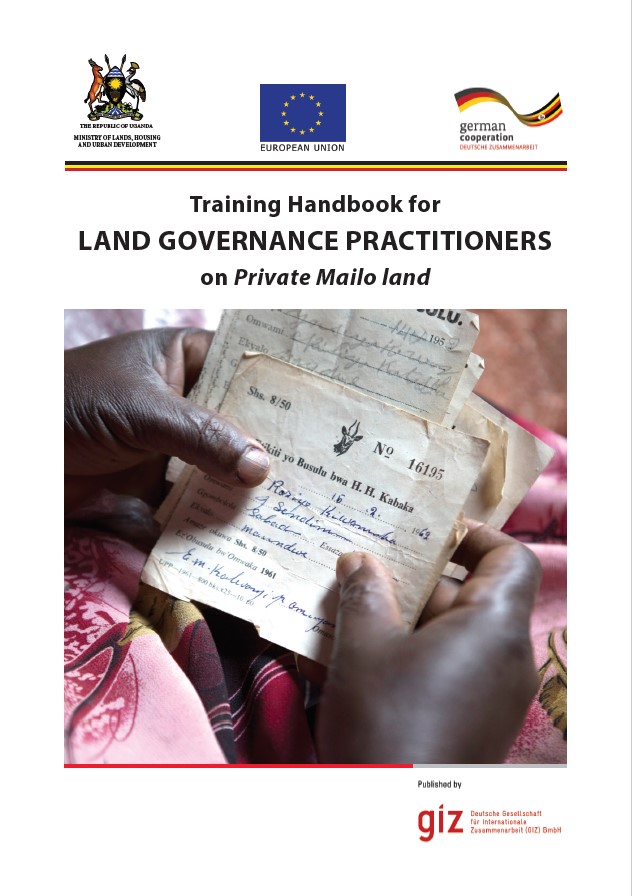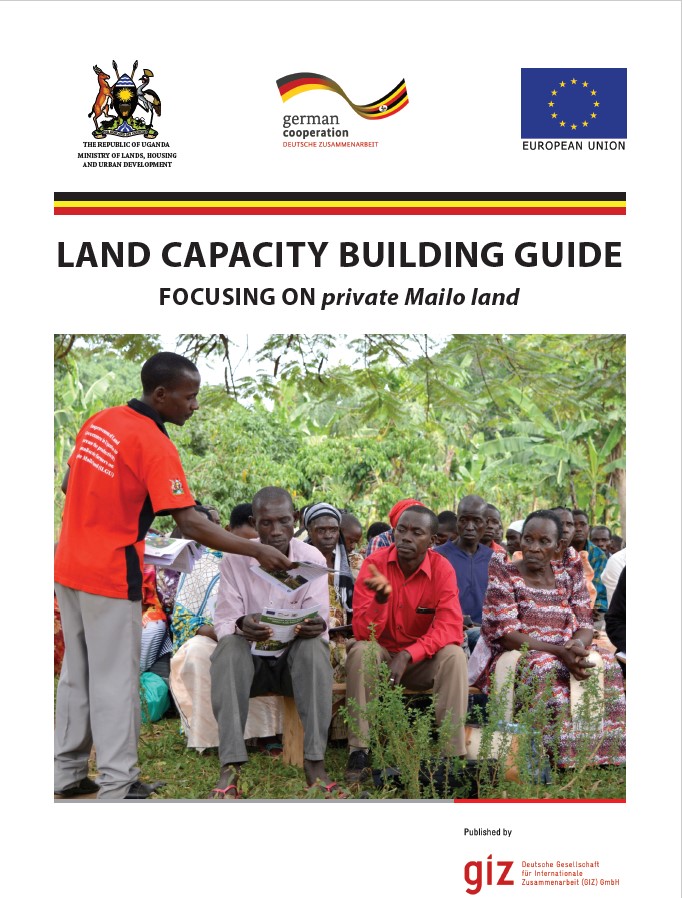Land Tenure Security: An Essential Component of Responsible Land Administration
In many countries around the world, the land administration system deals only with formal land rights, often subject to legislation passed during the colonial period. Formal or statutory tenure is where a landholder’s rights are specified in the law. This enables the owner(s) or rightholder(s) to rely on the law to defend his or her rights. But the poor often hold their land through customary or informal tenure systems which are often not recognized in law or in practice and therefore they lack the tenure security provided by the law.



